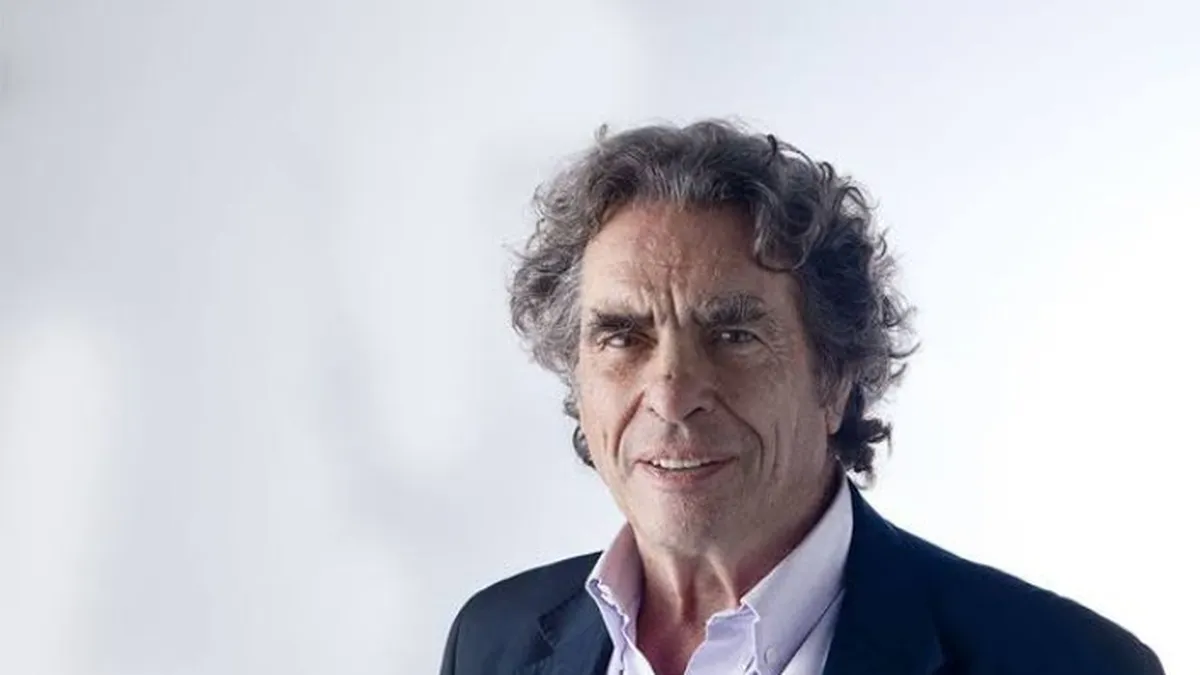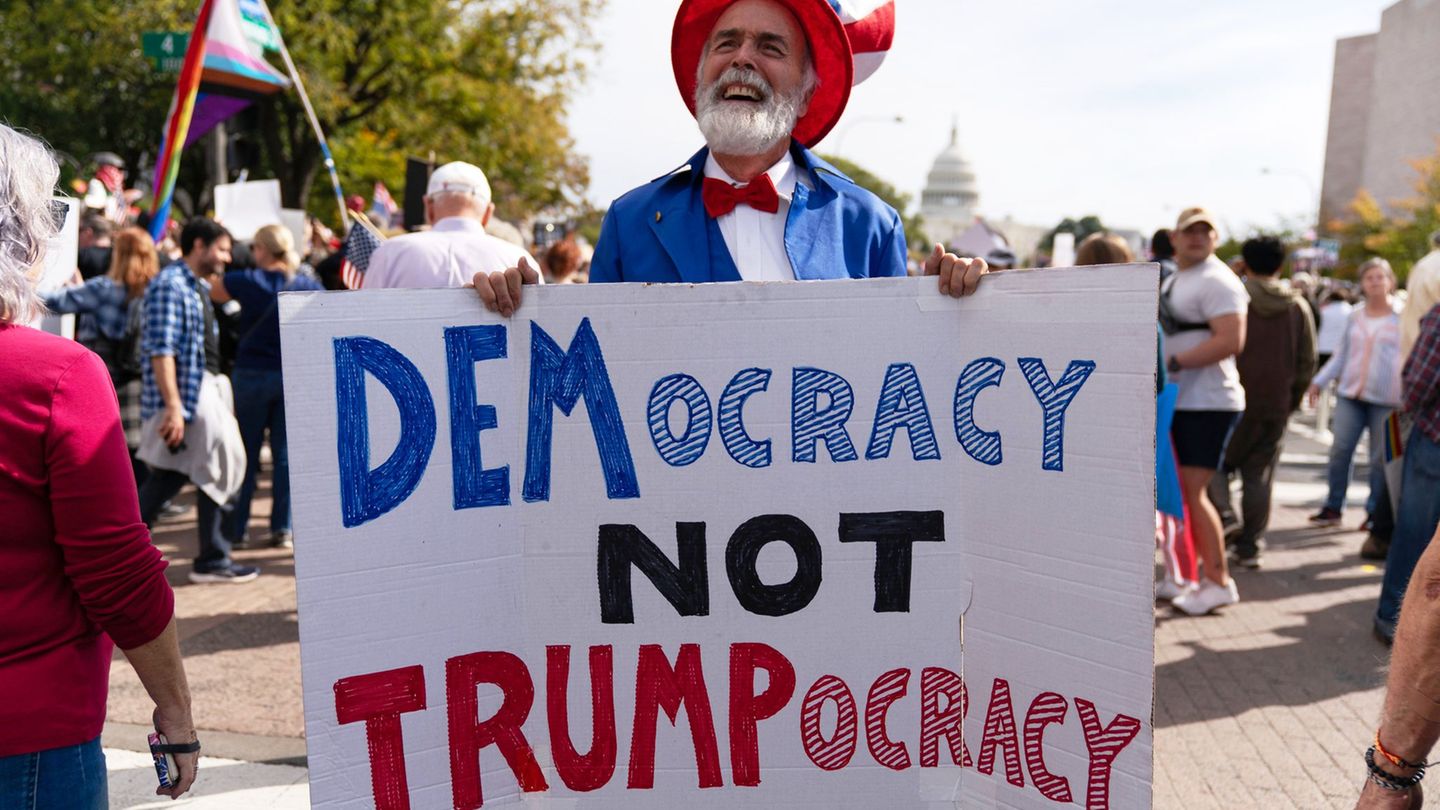He was a political prisoner of the 1976 dictatorship, a conventional constituent of the City of Buenos Aires and a member of Carta Abierta.
The intellectual and politician Eduardo Jozami died this Friday at 84 yearsvictim of an illness. He had a long life crossed by politics. He was a political prisoner of the 1976 dictatorship, a conventional constituent of the City of Buenos Aires and a member of Carta Abierta. A reference for human rights, he was a member of Frepaso and actively participated in Kirchnerism. His remains will be laid to rest in the Buenos Aires Legislature this Saturday from 9 a.m. to 2 p.m.
The content you want to access is exclusive to subscribers.
Jozami participated in politics from a very young ageattracted by the social struggles of the 1960s. He is the only Argentine mentioned in the diaries of the Argentine-Cuban revolutionary leader Ernesto Che Guevara. Due to his militancy he was imprisoned and spent the dictatorship detained at the disposal of the Executive Branch, a story that he covered in his book “2922 days: Memoirs of a prisoner of the dictatorship.”


In that book he reflected on his experience in prison and his desire to transmit what he experienced. “In my case, I am glad to have been able to tell this in a rather reflective tone. I also thought that it was not good to scare the reader with a mere accumulation of horrors. (…) And This is part of a larger objective that I set for myself as a member of the human rights movement, which is to try to ensure that these memories, reflections and flags dialogue with a broader sector of society.“, wrote.
image.png

With the return of democracy in 1983, he regained his freedom and rejoined political militancy. He was one of the founders of the Front for a Solidarity Country (Frepaso) led by Carlos Chacho Álvarez and Graciela Fernández Meijidesemerged in the mid-’90s to confront the reigning Menemism. It was a conventional constituent of the Buenos Aires constitution when the City gained its autonomy after the national constitutional reform of 1994.
The last years
With the arrival of Nestor Kirchner to the presidency in 2003, he joined the official space from progressivism and human rights. Between 2008 and 2015 it was director of the Haroldo Conti Cultural Memory Center at the exESMA. During the Frente de Todos government, he was director of Human Rights at the Ministry of Defense.
In parallel to his militancy but not separated from it, he developed an intellectual career, he was teacher and published several books, among which “Rodolfo Walsh: between word and action” (2013) and “Final sin gloria. Balance of Frepaso and the Alliance” (2004) stand out.
While in prison, in April 1983, he wrote a letter to his life partner, the journalist and former ESMA detainee Lila Pastoriza: “I am very determined that all future activity be compatible with an intellectual task that will impose conditions or ways of doing politics”. This is how he approached his life since then. This is how he will be remembered by those who shared with him the passion for transforming the reality around him.
Source: Ambito




